Dundee wellness expert and mum-of-three Pauline Thomson worked as a GP for 12 years. So she’s well-versed in how unrecognised or under-diagnosed menopause symptoms can cause misery for some women.
A recent government report suggests menopause health checks for all women from age 45 would help them through this transitional time of life.
But do we really need more health service intervention, or more options around Hormone Replacement Therapy (HRT) to help women?
Or have we forgotten this is a normal, natural stage of life?
Pauline, who owns OnCore Pilates And Nutrition in Broughty Ferry, is pleased to see increased awareness around the menopause.
But she firmly believes women can help ease menopause symptoms with small lifestyle changes.
Here, she shares five top tips.
“Everyone’s experience of menopause is different,” she explains.
“For some the symptoms can be severe and last many years, impacting on the ability to work and causing relationship problems.
Hot flushes
“In the short term, hot flushes, vaginal symptoms and joint pain plus low mood, anxiety and poor sleep are all common symptoms.
“Longer term, menopause can contribute towards osteoporosis, heart disease, obesity and more.
“It is a significant issue, which, at last, has gained more publicity.”
However, Pauline warns, there have been many new commercial ventures appearing, eager to ride this profitable new wave.
“Anything which highlights women’s health issues, and empowers women to get the best support and treatment, is a positive step forward,” she explains.
“Have we swung too far towards a medicalised model of the menopause?
‘Not everyone wants or can use HRT’
“There’s no doubt some women will really benefit from HRT and others will find alternative medical treatments useful.
“However, not everyone wants treatment, and some women can’t use it due to their medical history.
“Medical treatments and, often expensive, supplements can be a distraction from some simple, easy steps we should all take.”
Pauline continues: “This is a natural life stage, marking the end of a women’s reproductive years. It’s a great time to reassess lifestyle.
“For many years, menopause symptoms have gone unrecognised and under-diagnosed, resulting in unnecessary poor health and misery for some women.
Small changes make a real difference
“Menopause arrives at a busy time, with competing stresses from children, demanding jobs and ageing parents.
“It is easy to overlook your own health, or take lifestyle shortcuts.”
Pauline adds: “We don’t need specialist health clinics.
“We need honest, sensible advice and good sources of menopause information empowering us to take control, make healthy choices and understand when to seek medical guidance, so we can live our healthiest lives.”
1. Revisit your diet
Keeping a healthy weight minimises lots of symptoms and reduces the risk of cancer.
Are you getting 5-7 portions of fruit and vegetables per day and adequate amounts of protein? (1-2 g/ kg of body weight per day).
Watch out for high saturated fat foods and get a good amount of dietary fibre; around 25g per day is recommended for women.
Limit refined sugar and include more wholegrain carbohydrates. Take a Vitamin D supplement in autumn and winter, these are cheap to buy in supermarkets.
2. Rethink your weekly exercise
Are you managing the recommended 150 minutes of moderate or 75 minutes of high intensity exercise each week? And two sessions of strength and balance training?
Making exercise, such as Pilates, yoga or walking, part of your daily routine improves muscle mass and strengthens bones.
3. Value your down time
Prioritise rest and relaxation. Mindfulness and relaxation exercises can help with mood symptoms, allowing you to feel more in control and can lower blood pressure, too.
Develop good habits at bedtime and limit evening screen time to ensure a restful sleep.
4. Cut caffeine
Too much caffeine can cause anxiety and make urinary symptoms worse. Limit your intake and switch to caffeine-free alternatives.
And if you are smoking, get help to stop. Plus, check you are not exceeding the safe alcohol limit of 14 units per week.
5. Take a holistic view of your health
Go to all your scheduled screening appointments, including those for breast, bowel and cervical cancer.
Attend the local health clinic for blood pressure glucose and cholesterol checks.
If we stick with this plan, we really can make a difference to how we feel and our long-term health.
- For more information on online and personal consultations at OnCore Pilates And Nutrition, click here.
- Further good sources of menopause health advice and specialists as well as exercise can be found at Women’s Health Concern and Balance.
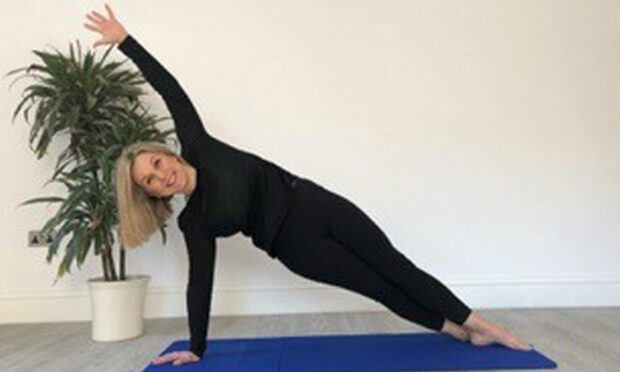

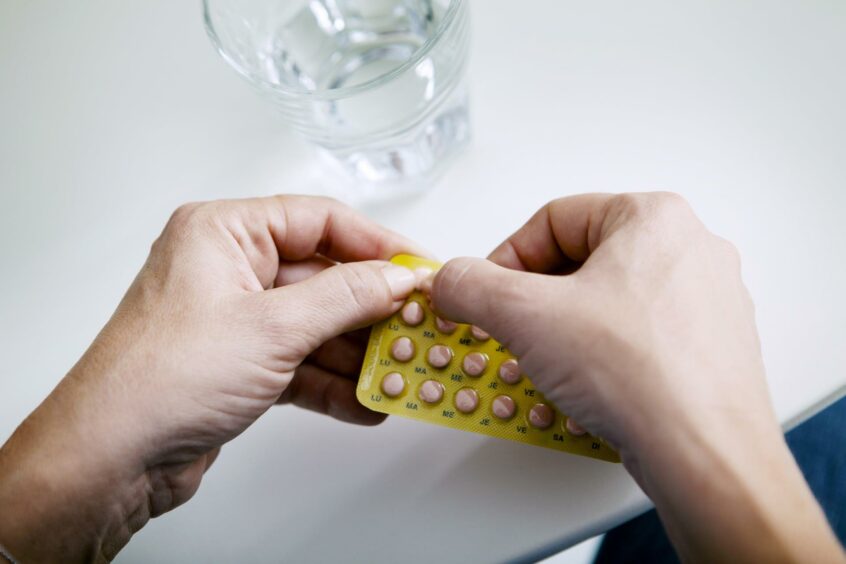
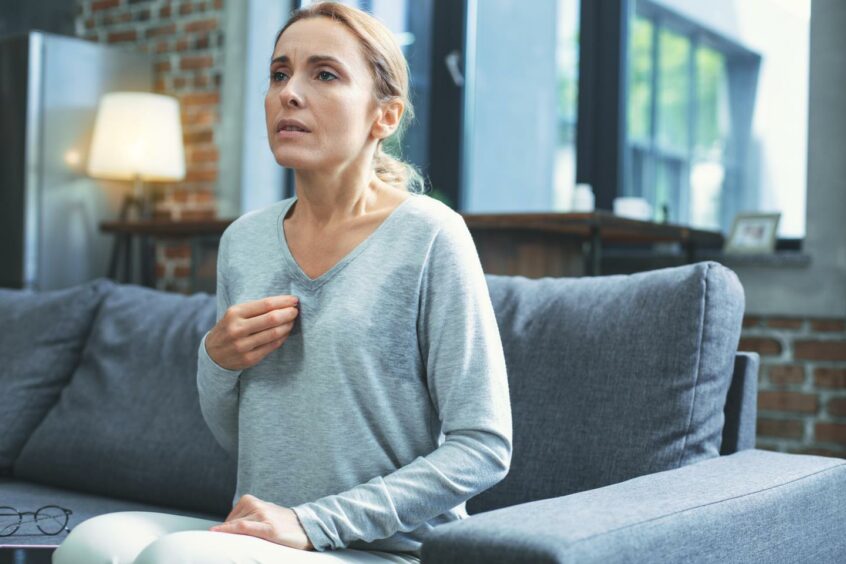




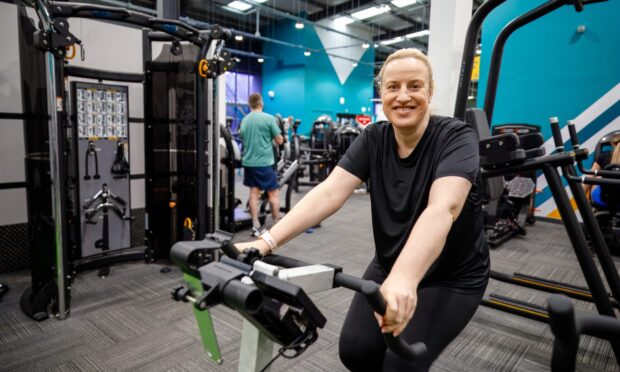

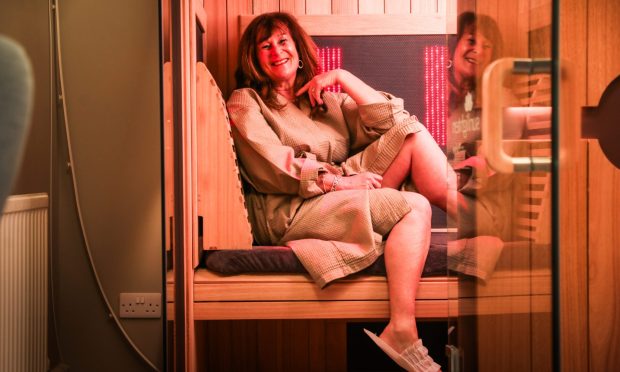




Conversation